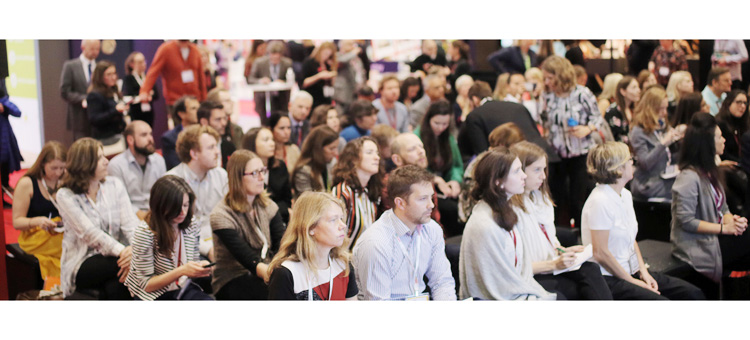London: A survey of more than 100 travel brands has found more than 90 per cent use Facebook as a marketing tool and similar number use e-newsletters, with 20 per cent saying they no longer issued brochures. Speaking at WTM London, Lyn Hughes, Creative Director and Editor-in-Chief of Wanderlust, which carried out the research, said digital communication was taking an increasing amount of time for travel brands, with a quarter of them saying they wished they could ditch Twitter.
More than half of those surveyed said e-newsletter open rates had increased in the last year, with the majority boasting a 30 per cent open rate. Hughes said newsletter quality was key. “It can’t be a little puff piece written by someone that has not been to the destination,” he added.
The poll found 70 per cent of companies planned to spend more on video content and more than 30 per cent would spend less on brochures. However, Hughes said, print is still important: “People surf the net, but swim in magazines. We have seen a resurgence in print in the last two to three years,” he said.
The good news for the travel industry generally is that a similar survey of consumers found fewer than 15 per cent who said they never used a travel company when booking.
WTM London also heard from the man behind one of the industry’s most respected marketing campaigns.
Conrad Bird, director of the GREAT Britain Campaign at the UK Department for International Trade, spoke of how competitors had collaborated on the hugely successful initiative that had boosted tourism despite not being dedicated specifically to travel.
“It was an integrated campaign of which tourism was a very important part. We achieved an ROI (Return on Investment) of 20/25 to one,” he said.
He added, “We drew heavily on things like 100% Pure New Zealand and Incredible India; they are more than just tourism campaigns, they are establishing a brand over time.”
Within the GREAT Britain campaign was a number of micro campaigns, including Love is GREAT, aimed at the LGBT sector. “It says something bigger about the values you have,” he said. Another urged young people to go camping, thereby boosting domestic tourism.
Both Bird and Paul Nelson, World Travel Market press and PR manager, acknowledged the power of digital campaigns. Nelson said influencers had a role to play in travel marketing: “It takes a lot of work to find the right influencer, but when you do, you can track the results, which makes it a worthwhile relationship,” he said.
Abta also featured in the day’s events, with advice on safety abroad and sustainability.
Angela Hills, Abta’s senior destinations manager, health, safety, crisis and operations, warned that 22 per cent of UK travellers were still not using travel insurance.
“One of the core messages is the importance of travel insurance,” she said. “Quite often you see people have not got insurance and they are asking for crowd funding. We want to try and avoid that.”
She urged travellers to “buy insurance that’s fit for purpose and not the cheapest on the market”, particularly where activities were concerned, “Travellers need to have the right insurance for the holiday they have chosen. For example, if you are mountain climbing, check the policy is appropriate for the height of the mountain.”
Clare Jenkinson, Abta’s Senior Destinations and Sustainability Manager, said consumers were raising their expectations of what they wanted travel brands to do to be more sustainable. They now expected destinations and hotels to offer recycling facilities similar to what they find at home. “When you can’t let people recycle, you are basically handing them guilt,” she said.
Co-presenter Erik Wolf, founder of the World Food Travel Association, urged travellers to have a militant approach to things like unnecessary plastic bin liners in hotel rooms. “If there’s something that is causing you stress, say something. There’s an attitude that ‘I don’t want to offend’. You know what? We are past that, the earth is dying,” he said.





